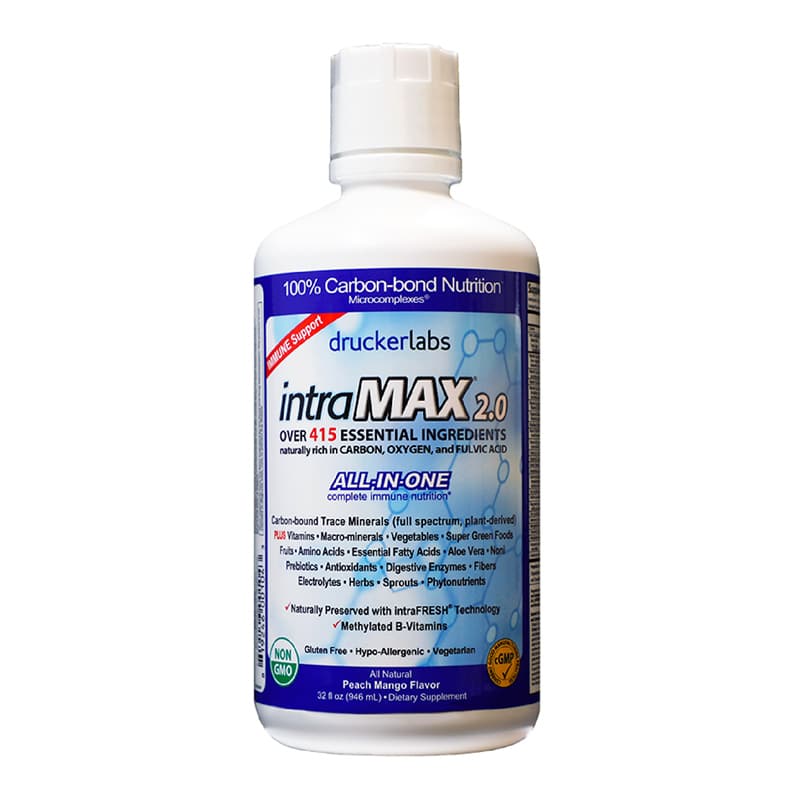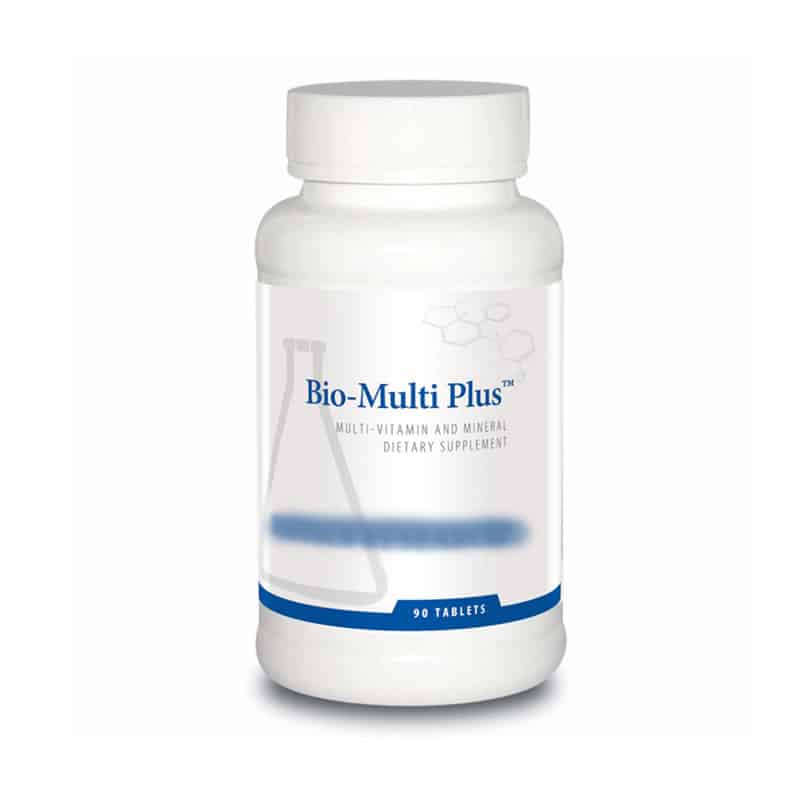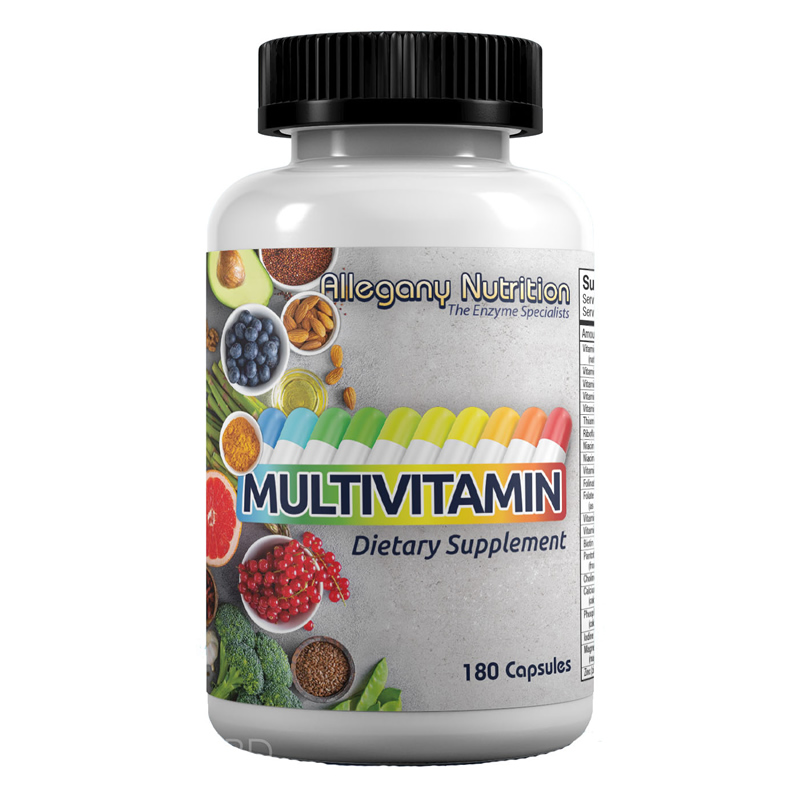No products in the cart.
Blaming The Vitamins Propaganda
It’s All About Words!
by Mary Starrett, July 2, 2004, NewsWithViews.com
Words are, of course, the most powerful drug used by mankind Rudyard Kipling, Listen closely. Read between the lines. You are being convinced, slowly and deliberately that vitamin supplements are dangerous and that pharmaceutical drugs are always your best bet. Perhaps you’ve become aware of this upside-down logic. If not, I offer you a few examples of how the masses are being systematically brain-washed. Keep these examples in mind, it wont be long before you’re noticing some yourself. Recently ABC News ran a rather lengthy piece about how dangerous certain common herbal supplements are. The case in point was woman who’d had a kidney transplant. She took an herbal supplement containing the age-old Black Cohosh root and whammo! She became deathly ill.
What ABC didn’t discuss was that people who’ve had an organ transplant have compromised systems that even too much water or table salt plays havoc with. Never mind that. The not-so-subtle point the network was making was this: Be afraid, be very afraid of anything the pharmaceutical companies don’t make a profit from! This past week The Wall Street Journal screamed out headlines: Watch Out For Serious Interactions When Taking Drugs, and Herbs. The story reported a wave of recent studies is sparking concern about the dangers of taking herbal supplements. The article went on to list the dangers of combining common herbal supplements with prescription drugs. Instead of pointing out that pharmaceuticals cause the deaths each year of over 100,000 people, media attention focuses on the dangers of herbs people have been taking to help heal their bodies for centuries.
What is perhaps most telling about why these types of stories are hitting print and broadcast with greater frequency is simply this: Vitamins and herbal supplements bring in well over $20 billion dollars a year (my inclusion: explosive since people have been swapping stories about being helped by them over the internet). The drug companies want a piece of the action (in insertion: it is taking money away from drug companies because people are switching from their high priced drugs to herbs as an alternative). Therefore, expect to see more and more attention focused on the danger of vitamins. The next logical step will be the prescribing of these natural substances to better protect the consumer. Once this happens, as it has in several other countries, what were once easily-available non-prescription, age-old healing substances like Ginkgo Biloba or St. Johns Wort or even Vitamin C will then become available only if a doctor prescribes them.
Since the vast majority of medical doctors in the United States hold little store by the less-invasive natural remedies this does not bode well for those of us who subscribe to the belief that the body can and will heal itself if given the right nutritional support. The Wall Street Journal story said the growing interest in herb-drug interactions comes as more Americans are popping herbal medications. Popping. That’s an interesting choice of words. In an era where we are encouraged to take a pill (pop one, if you will) for everything from heartburn (esophageal reflux disease) to shyness (social anxiety disorder) to normal childhood energy levels (attention deficit hyperactivity disorder) it seems odd that taking SUPPLEMENTS should be referred to as popping. Why is it that term is never used to describe the taking of prescription drugs?







